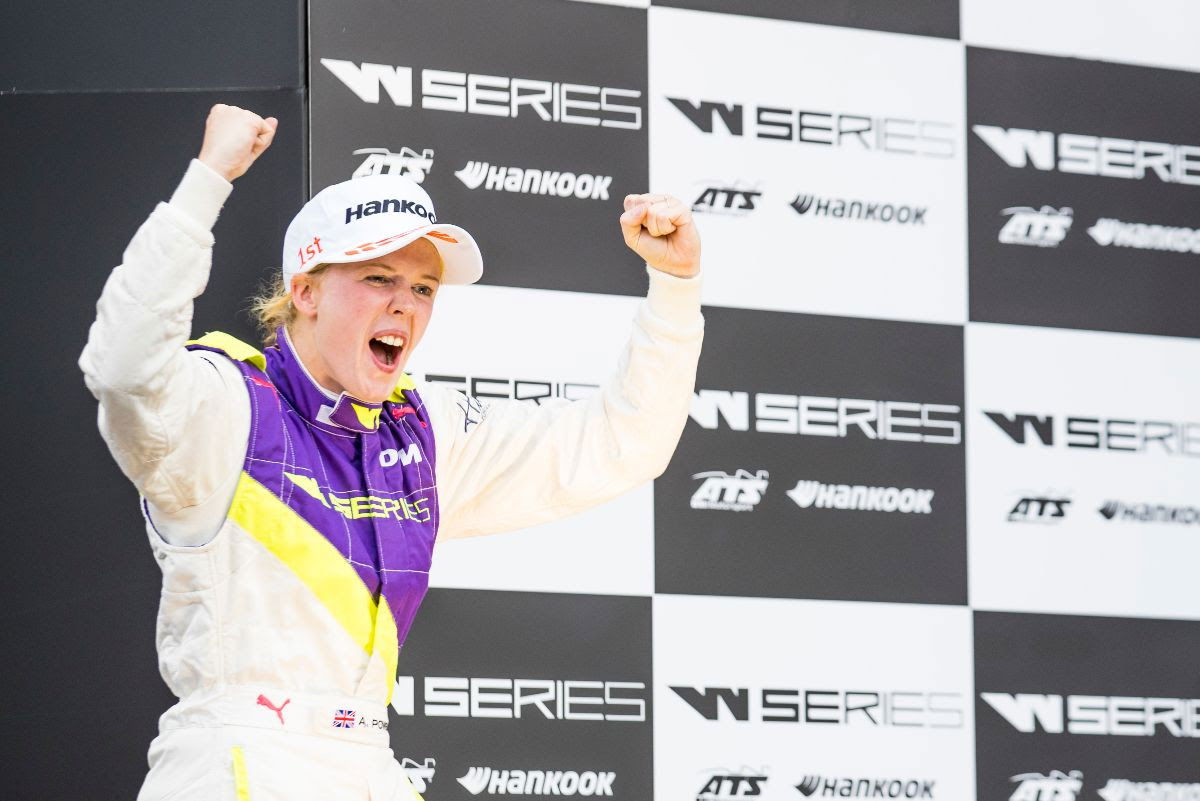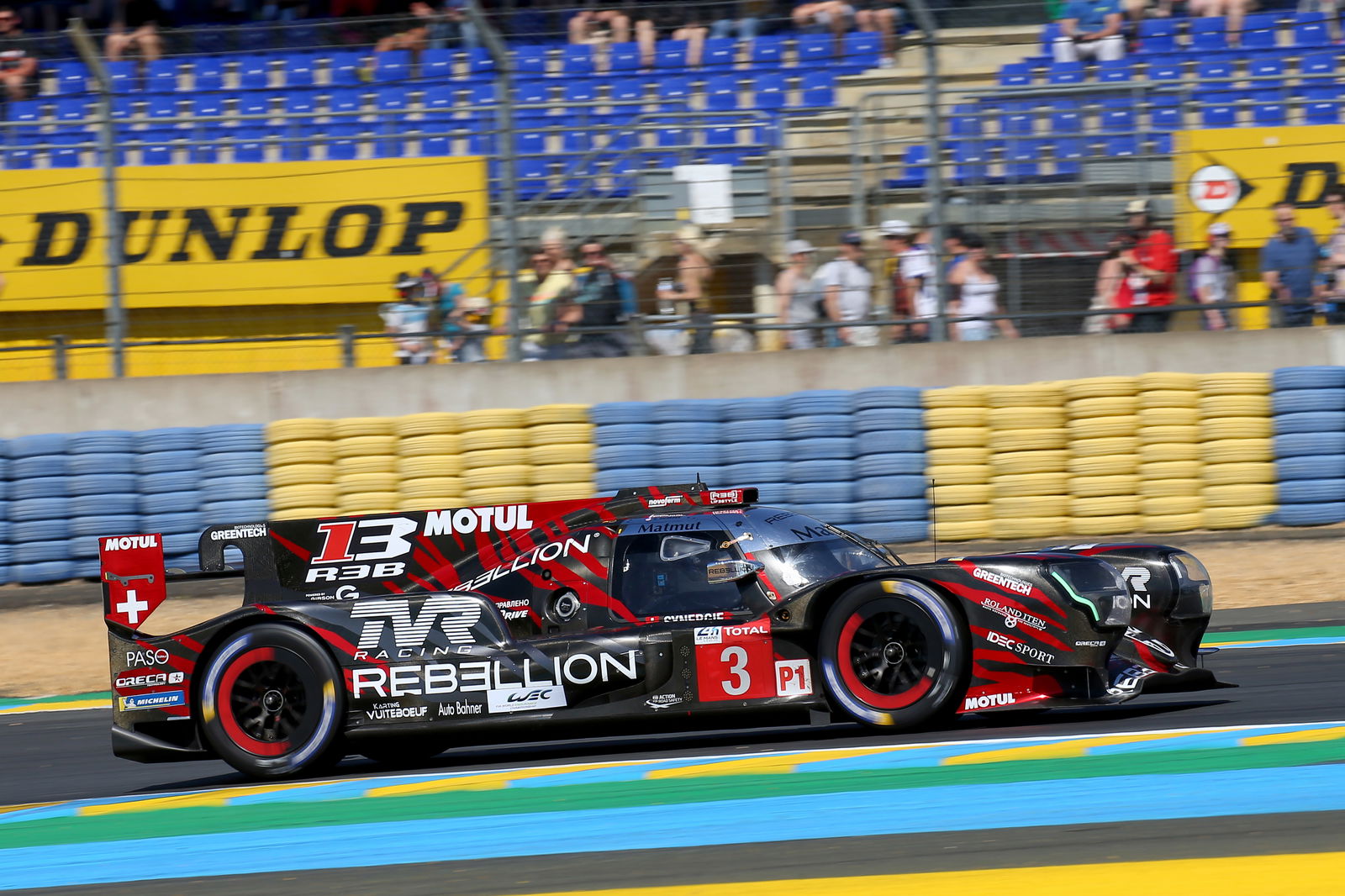McLaren close to decision on WEC Hypercar entry in 2021
McLaren is close to making a decision on a potential entry to the FIA World Endurance Championship’s Hypercar class in 2021.
WEC has been on McLaren’s radar as part of an expansion of its racing plans, which stepped up earlier this month when it announced a return to IndyCar for 2020, linking up with Schmidt Peterson Motorsports.
Officials from McLaren were part of the working groups that helped form the new Hypercar regulations that will come into play for the 2020-21 WEC season, although its own entry would not be until the start of ’21-22.
.JPG?width=1600&aspect_ratio=16:9)
McLaren is close to making a decision on a potential entry to the FIA World Endurance Championship’s Hypercar class in 2021.
WEC has been on McLaren’s radar as part of an expansion of its racing plans, which stepped up earlier this month when it announced a return to IndyCar for 2020, linking up with Schmidt Peterson Motorsports.
Officials from McLaren were part of the working groups that helped form the new Hypercar regulations that will come into play for the 2020-21 WEC season, although its own entry would not be until the start of ’21-22.
Asked by Crash.net for an update on McLaren’s WEC considerations, CEO Zak Brown said a decision was close to being made upon completion of its review.
“We do need to make a decision soon for the 2022 season. Our review is almost complete,” Brown said.
“We remain a fan of WEC and Le Mans, but it’s all about timing and does it fit in with our overall business objectives, what we’ve got going on in Automotive.
“Automotive would be a big part of going into WEC, and on that we haven’t come to any final conclusions yet, but we’re going to need to shortly.”
McLaren has already confirmed that any entry to the Hypercar category would come with a brand-new road car, explaining the need for close collaboration with its Automotive arm.
Toyota and Aston Martin are the only two manufacturers to have committed to entering the new class from 2021, which will target close competition through a Balance of Performance system.
Brown gave his support to this move, saying BoP was critical to ensuring the class was viable for its entrants.
“I think it’s the only way to potentially contain the costs,” Brown said.
“It works really well in GTE, even though it becomes very political. If you statistically look at GTE, they do a good job with it. The team that wins always had the unfair advantage, and the team that loses didn’t have the right Balance of Performance, but it seems to cycle through.
“I think without Balance of Performance, the budget would be unobtainable."

